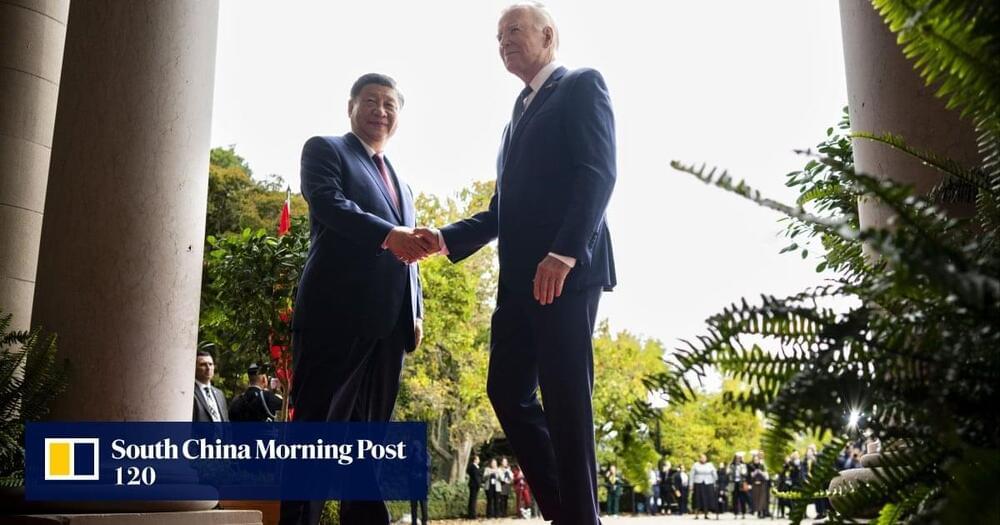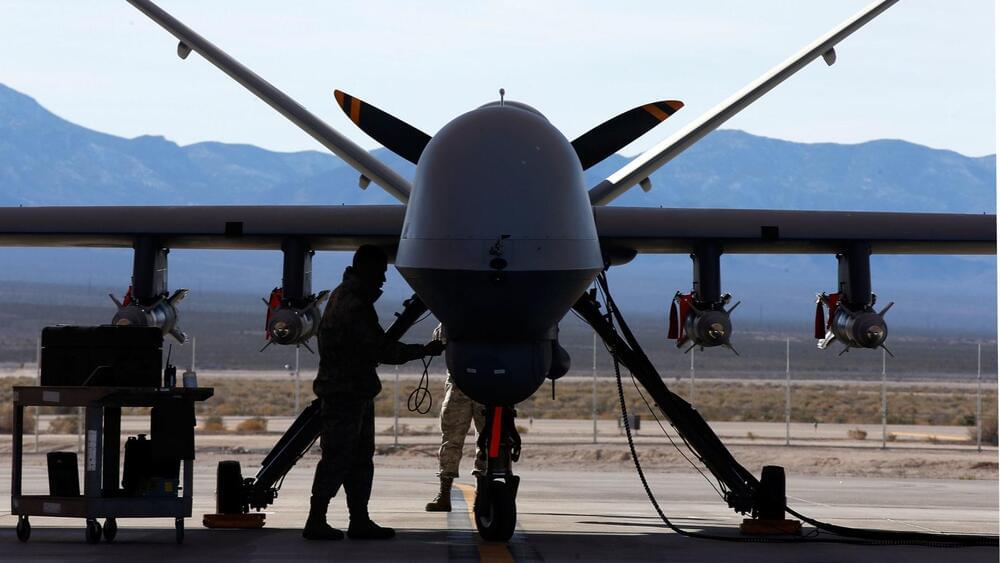
In my 2015 exploration with General John R. Allen on the concept of Hyperwar, we recognized the potential of artificial intelligence to unalterably change the field of battle. Chief among the examples of autonomous systems were drone swarms, which are both a significant threat and a critical military capability. Today, Hyperwar seems to be the operative paradigm accepted by militaries the world over as a de facto reality. Indeed, the observe-orient-decide-act (OODA) loop is collapsing. Greater autonomy is being imbued in all manner of weapon systems and sensors. Work is ongoing to develop systems that further decrease reaction times and increase the mass of autonomous systems employed in conflict. This trend is highlighted potently by the U.S. Replicator initiative and China’s swift advancements in automated manufacturing and missile technologies.
The U.S. Replicator Initiative: A Commitment to Autonomous Warfare?
The Pentagon’s “Replicator” initiative is a strategic move to counter adversaries like China by rapidly producing “attritable autonomous systems” across multiple domains. Deputy Secretary of Defense Kathleen Hicks emphasized the need for platforms that are “small, smart, cheap, and many,” planning to produce thousands of such systems within 18 to 24 months. The Department of Defense, under this initiative, is developing smaller, more intelligent, and cost-effective platforms, a move that aligns with the creation of a Hyperwar environment.


















